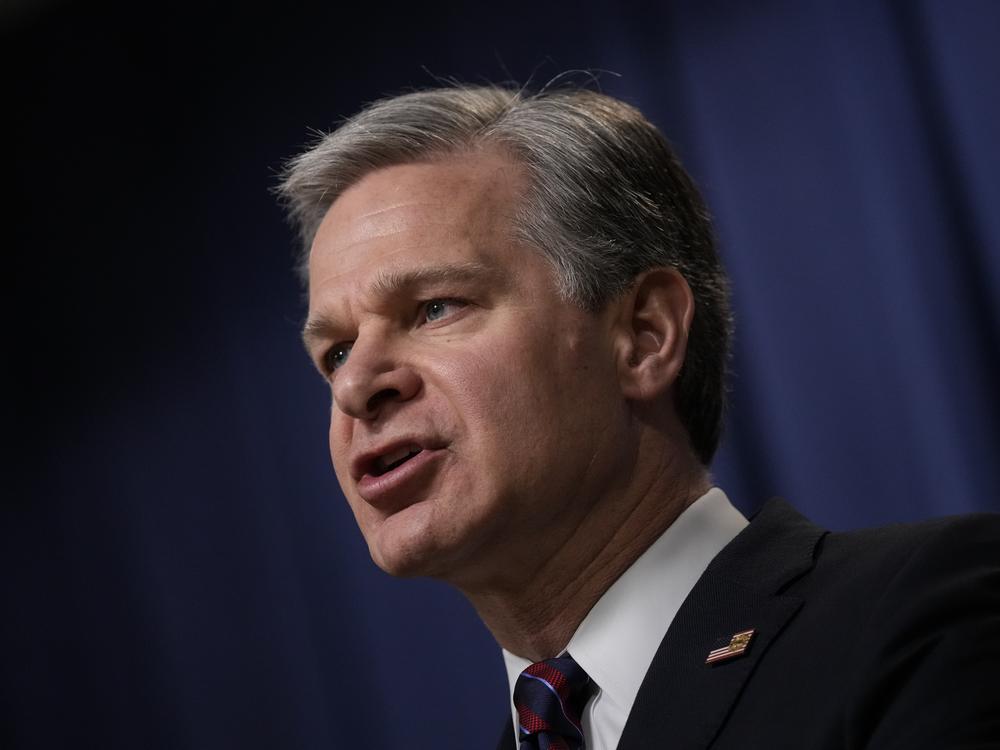Section Branding
Header Content
Trump campaign hack traced to three Iranians seeking to disrupt election, DOJ says
Primary Content
The Justice Department on Friday unveiled criminal charges against three Iranian hackers employed by Iran's Revolutionary Guard Corp. for targeting and compromising the electronic accounts of Trump campaign aides and others.
The indictment alleges the hacking is part of Iran's effort to erode confidence in the U.S. electoral process ahead of the November presidential election.
Attorney General Merrick Garland, speaking at a press conference on Friday, said the U.S. government is tracking various plots by Iran to harm American officials, including former president and current Republican presidential nominee Donald Trump.
"These hackers impersonated US government officials, used the fake personas they created to engage in spearphishing, and then exploited their unauthorized access to trick even more people and steal even more confidential information," FBI Director Christopher Wray said on Friday, according to his prepared remarks.
The FBI had been investigating after the Trump campaign last month said it had been hacked and suggested Iran was involved, without providing specific evidence for that.
The three men are accused of wire fraud; conspiracy to obtain information from protected computers; and material support to a terrorist organization.
Garland said both the Trump and Harris campaigns have been cooperating with the investigation.
The defendants are outside the reach of the U.S. and it’s not clear when, if ever, American authorities may be able to arrest them.
Several technology companies have also been monitoring and reporting on hacking threats to the U.S. from foreign countries, including Iran.
Google Threat Intelligence Group's John Hultquist said Iran's attacks are constantly evolving.
Hackers from the Iranian Revolutionary Guard "regularly assume the guise of hacktivists or criminals and have increasingly targeted random individuals through email and even text messages," he said in a statement.
"Most of this activity is designed to undermine trust in security, and is used to attack confidence in elections in particular."

